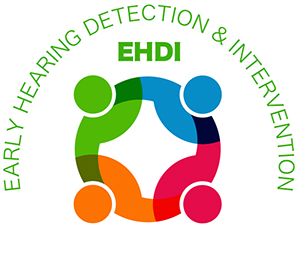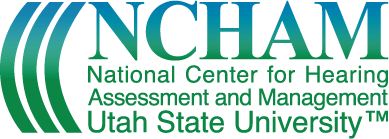The Evolution of Early Hearing Detection and Intervention programs for Infants and Young Children: Past, Present and Future
Presented by: Karl R. White, Ph.D.
When: August 5th, 2020 | 1:00 pm - 2:00 pm MT
Description
Although the importance has been recognized for many years, it has only been during the last few decades that we have had the technology and infrastructure to identify infants and young children who are deaf or hard of hearing (DHH) in an efficient and timely manner. This webinar will describe the remarkable work of many individuals and organizations over the past 50 years that led to the establishment of successful Early Hearing Detection and Intervention (EHDI) systems throughout the United States. The key components of the best EHDI systems will be described and the benefits that accrue to children who are DHH and their families will be discussed. Suggestions for how to continue to improve EHDI systems will be detailed and resources to assist in the improvement of EHDI programs will be identified.
Learning Objectives: After viewing this webinar, participants will be able to:
- Explain why early identification of childhood hearing loss is important.
- Describe how hearing screening of newborns and young children is done.
- Identify at least five different organizations and agencies that are important to have in a successful EHDI system and explain how each contributes to the success of the system.
- Explain how EHDI systems are typically funded, organized, and managed.
- Describe the demographic characteristics of infants and young children typically identified by EHDI systems.
- Identify at least three challenges encountered by most EHDI programs and suggest possible solutions.
Presenter
Karl R. White, Ph.D., Professor of Psychology, Director of the National Center for Hearing Assessment and Management, Utah State University


